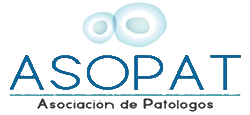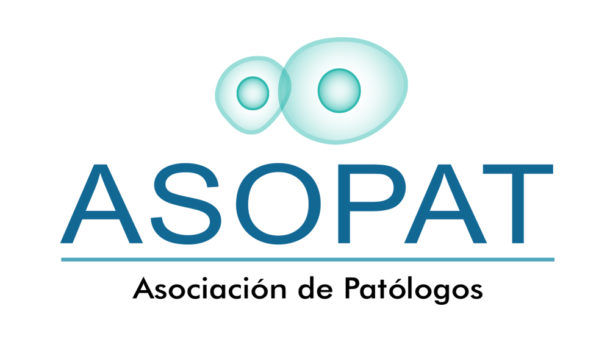Introduction
Ethical considerations on scientific writing are extremely important, ensuring that research and its transmission are conducted with ethics, honesty, and respect for all those stakeholders involved. This article goes into the essential role with ethical considerations in chemistry and biology writing, offering insights from your Pechenik perspective. Dr . Pechenik, a renowned figure in chemistry and biology education and writing, highlights the need to incorporate ethics in to the fabric of scientific interaction, promoting a culture associated with responsible research and dissipation of knowledge.
The Foundation of Ethical Scientific Communication
Ethical concerns in biology writing cover various aspects, including authorship, plagiarism, accurate reporting, proper citation, and responsible being published practices. These principles shape the bedrock of trusted, credible https://www.personalstatementsample.net/uk-university-personal-statement-examples/, and transparent scientific communication.
1 . Authorship Charge
Authorship must be attributed depending on substantial contributions to the researching and writing process. Thank you of contributions should be very clear and in line with suggestions from institutions and owners.
2 . Avoiding Plagiarism
Stealing topics is a breach of charge and academic integrity. Authors must ensure proper citation together with acknowledgment of sources, avoiding the use of others’ work with no appropriate credit.
3. Files Integrity and Reporting
Maintaining accurate and precise documents of experimental data along with reporting results truthfully will be fundamental ethical responsibilities. Data files manipulation or selective coverage violates trust and short-cuts the scientific process.
3. Citation Ethics
Accurate along with appropriate citation of former work is essential. Misrepresentation of sources or intentional confusing through citations is underhand.
5. Responsible Publication Practices
Selecting reputable journals, next ethical guidelines set from the journal, and avoiding redundant or simultaneous submissions are necessary ethical aspects of publication.
The actual Pechenik Perspective on Honest Considerations
Dr . Robert Pechenik, a pioneer in the field of chemistry and biology education and writing, stresses the integration of ethical issues to consider into biology writing. His or her approach underscores the importance of dependable authorship, proper citation routines, and transparency in credit reporting methods and results.
1 . Authorship Guidelines
Dr . Pechenik advocates for clear authorship guidelines within research categories or collaborations. These guidelines should establish criteria intended for authorship, ensuring that individuals who critically contribute to the research are correctly recognized.
2 . Meticulous Abrégé Practices
Citing sources correctly and comprehensively is at the core of Dr . Pechenik’s ethical perspective. He focuses on the need for thorough research to locate original sources and appropriately credit the work that plays a part in the research.
3. Transparent Reporting
Incorporating transparency into reporting methods and results is known as a key ethical consideration based on Dr . Pechenik. Clear along with honest reporting is essential intended for building trust and integrity in the scientific community.
Scenario Studies: Applying Pechenik’s Honourable Perspective
1 . Case Study you: Authorship Dispute Resolution
In a research group, a question arose over authorship due to differing opinions on the level of contribution. Applying Pechenik’s perspective, the group well-known clear authorship criteria, handling the dispute amicably and even ethically.
2 . Case Study 2: Citation Integrity
A investigator inadvertently misinterpreted a origin, leading to inaccurate citation. Adhering to Pechenik’s approach, the examiner promptly rectified the fault and issued a static correction, upholding the integrity in the research.
Embracing Ethical Considerations: A Unified Endeavor
Adding ethical considerations into biology writing is a collective job. The scientific community, educational institutions, publishers, and specific researchers all play a vital role in fostering a way of life of integrity and obligations.
1 . Educational Initiatives
Educational institutions should integrate ethical instruction into biology programs, growing an understanding of ethical routines from the formative years of a good biologist’s education.
2 . Founder Guidelines
Publishers must continue to keep and enforce ethical guidelines, providing a clear framework to get authors to follow. Ethical regulations should cover all parts of research and writing, marketing responsible conduct.
Conclusion
Lawful considerations in biology composing are the linchpin of faith and credibility in medical communication. By embracing any Pechenik perspective that highlights responsible authorship, meticulous abrégé practices, and transparent confirming, we fortify the foundation with ethical biology writing. Once we collectively advance in the search for knowledge, let us steadfastly comply with ethical principles, ensuring that just about every single piece of biology writing brings together the highest standards of workings and contributes positively towards scientific community.


Comentarios recientes